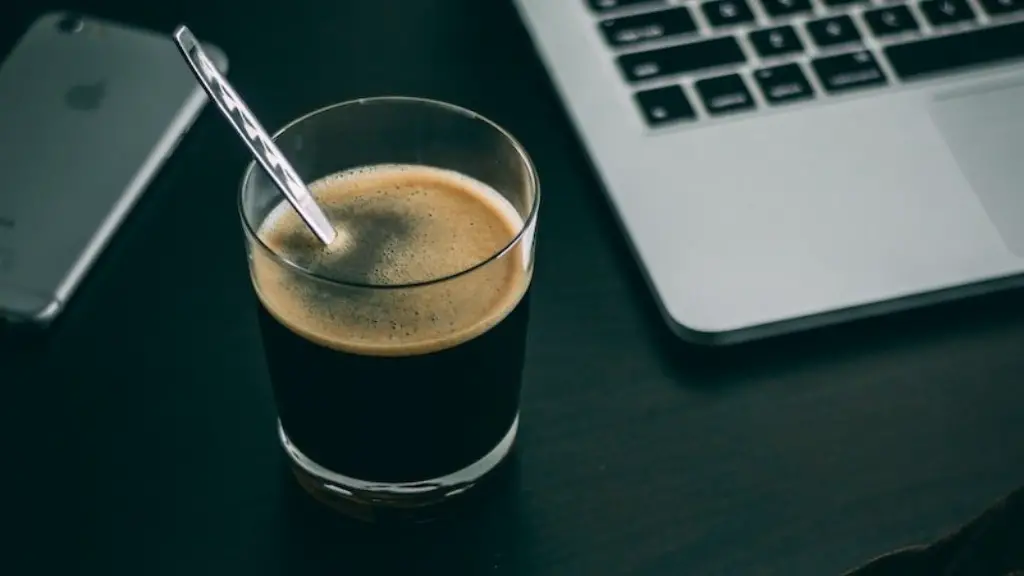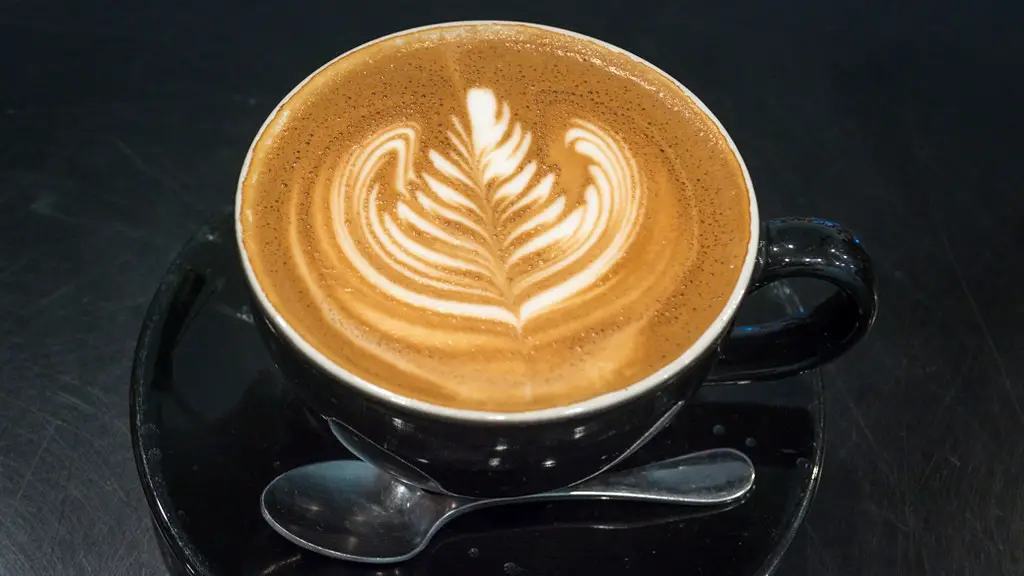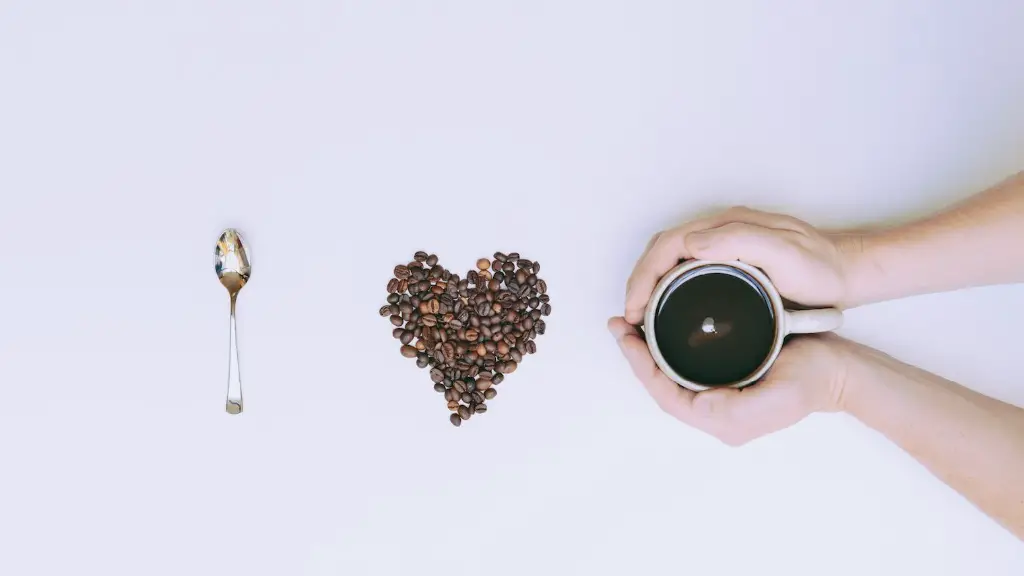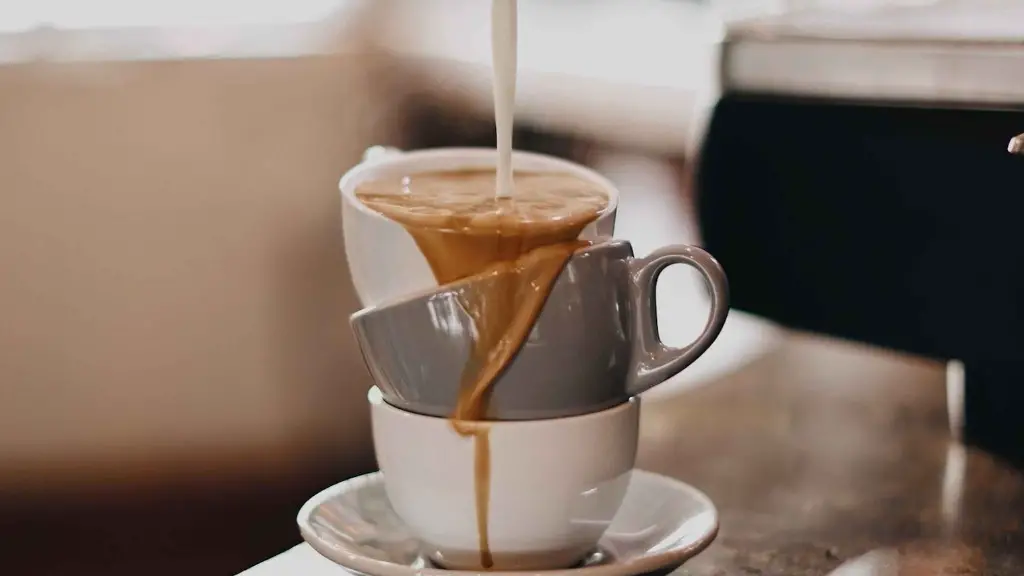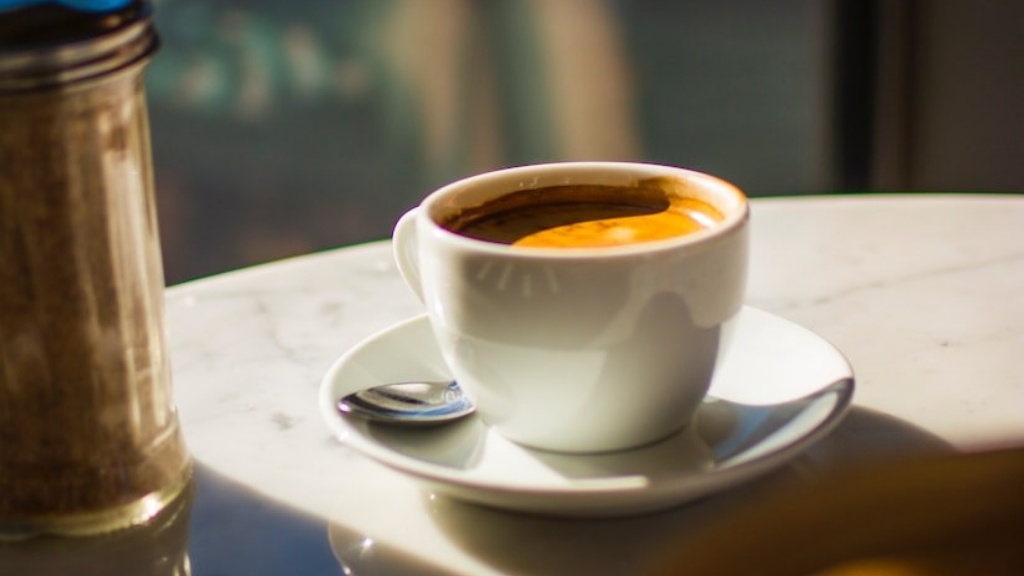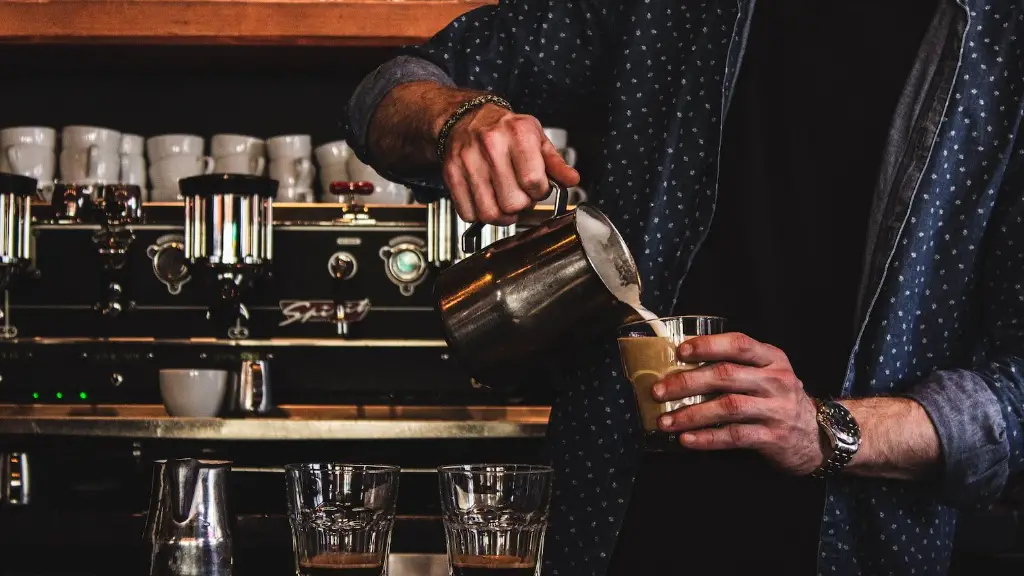Can You Drink Old Brewed Coffee?
When it comes to coffee, it always seems like the fresher, the better. But is that actually always the case? Or can you drink old brewed coffee?
Consuming coffee that is just a few days old — say, 2-3 days — is totally fine, but if it goes beyond that, you may start to notice a few changes. Generally, the coffee may start to taste stale and perhaps even a bit bitter. The flavor won’t be as intense or enjoyable, and it’s probably not something you want to drink on a daily basis. After a while, it might even take on a sour or otherwise unpleasant taste.
But when it comes to safety-related issues, there’s no need to panic at the thought of drinking coffee that’s a week or two old. In fact, according to the U.S. Food and Drug Administration, coffee that’s been “properly stored” can still be safe to drink up to four weeks after it’s been brewed. That means coffee is unlikely to cause food poisoning or other health issues.
For those who want to truly enjoy coffee at its peak of freshness, the best option is to go ahead and brew your own! This way, you can be sure it has been freshly made and is ready-to-drink in an optimal state. Many coffee aficionados actually swear by this approach and refuse to drink anything that isn’t freshly made. But if there’s an emergency where you need a cup of coffee and all you have is old brewed coffee, it’ll still be fine as long as it’s relatively fresh.
Preserving Coffee
To help extend the lifespan of coffee, it’s important to keep it in an airtight container. Doing so prevents the loss of taste and aroma that naturally occur from exposure to oxygen. Plus, it also keeps out unwanted moisture or contaminants that could spoil the coffee.
You may also want to store your coffee in the coolest part of your kitchen — such as the furthest part of the cabinet — as this will further reduce the rate of staling. Refrigeration can also help keep coffee fresher for a longer period of time, although the jury is still out on whether it’s actually better than the traditional room-temperature approach.
Keeping coffee grounds or beans in a freezer can also work in a pinch. That said, it’s important to make sure that you remove any excess air from the bag before putting it in the freezer — that way, there’s no chance for the coffee to become stale.
If you are feeling experimental, you could even consider vacuum-sealing the grounds. Doing that allows you to store the coffee for up to a year without any hesitations.
Decaffeinated Coffee
Caffeine is one of several compounds found in coffee, and it’s the one that plays a role in the beverage’s flavor profile. While the presence of caffeine may give coffee its signature edge, that doesn’t necessarily mean that it’s essential.
Decaffeinated coffee has been around for decades and, while it may not possess the same punch as traditional coffee, it still offers some of the same enjoyable notes. The good news is that decaffeinated coffee is even less vulnerable to staling, so you can keep it relatively fresh for weeks after brewing.
Furthermore, decaf coffee drinkers won’t have to worry quite as much about problems related to too much caffeine — a condition which can cause jitteriness, headaches, and other issues.
Instant Coffee
In addition to traditional and decaffeinated coffee, there’s also the more convenient option of instant coffee. As its name suggests, this type of coffee comes in the form of a powder or granules and is ready to consume once it’s been added to hot water.
Unlike regular coffee, instant coffee has a relatively long shelf life — meaning it can stay fresh and flavorful for up to a year when stored correctly. Its convenience and affordability make it an ideal option for those who are short on time and/or budget.
In terms of taste, it won’t quite be the same as freshly brewed coffee — although there are instant coffee varieties that offer a decent flavor. But if you’re in a hurry and don’t want to wait for a pot of regular coffee to brew, instant coffee is always a viable alternative.
Mechanically Extracted Coffee
Lastly, there’s a relatively new type of coffee on the rise called mechanically extracted coffee (MEC). This form of coffee is a step up from instant coffee because it’s made using patented processes that use pressure, heat, and extraction times to create a cup of “brewed” coffee.
Plus, mechanically extracted coffee is extremely shelf-stable and can remain that way for up to a year. Its shelf life is even longer if it’s vacuum-sealed, which makes it an ideal choice for those who insist on drinking freshly brewed coffee without having to actually brew it.
In terms of taste and aroma, it’s said that MEC has a flavor profile that’s “cleaner and brighter” compared to other types of coffee. But of course, it still won’t quite compare to freshly brewed coffee in terms of quality and flavor.
Coffee Concentrates
Coffee concentrate is a type of coffee that’s made from brewing a stronger-than-normal pot of coffee. Once brewed, the concentrate is then stored in either a bottle, jar, or other container — and can be kept for 1-2 weeks in the refrigerator.
Using the concentrate is relatively simple: just mix one part concentrate with two or three parts hot or cold water, then stir and enjoy. When stored properly, this type of concentrate will remain flavorful and aromatic for up to two weeks.
For those who prefer a little more control over their coffee, concentrate provides an ideal balance between freshness and convenience. With it, you can make freshly brewed coffee whenever you want without having to wait or suffer through stale or otherwise undesirable tastes.
Cold Brew Coffee
Finally, it’s worth mentioning cold-brewed coffee and its ability to remain fresh for a long time. This method of brewing calls for the grounds to be steeped for 18-24 hours in cold water. After that, it can be stored in the refrigerator for up to two weeks before it starts to go stale.
Due to its extended steeping period, cold-brewed coffee has a unique flavor and aroma profile compared to regular coffee. It’s usually a bit less acidic with a smoother body and an enjoyable chocolatey-caramel-like finish. Alternatively, you can mix the cold-brew concentrate with hot water for a more traditional-tasting cup of coffee.
Cold-brewed coffee has become increasingly popular in recent years due to its convenience and delicate flavor profile. Plus, it’s yet another option for those who want to enjoy freshly brewed coffee at the drop of a hat — but can’t necessarily make the trip to their local coffee shop every day.
